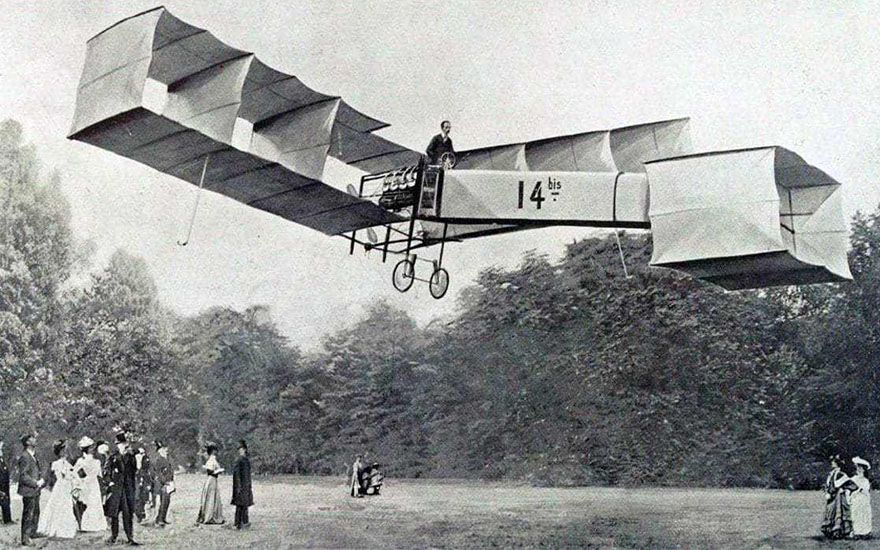If Sun Tzu existed, he was a general, and the book he wrote was a book about how to wage war (so, a Great General thing to do). If he didn't exist he shouldn't be in the game. Either way, he really doesn't fit as an example of a new great person type.
More broadly, personally I'm of the opinion that the half-arsed attempt to split the research tree in two (civics-humanities and science-STEM) needs to end. It was poorly thought out, and imposed without thinking ithrough how it would interact with the game's preexisting assumption (such as libraries-universities = research and theaters-arts =- culture, with the result that libraries and universities, famous cornerstone of scholarly research in philosophy and political thoughts, grant absolutely no bonus to those things, while *theaters* are where those things are developed insteadl.
So if you remove the silly tech tree split and bring civis and techs back on the same tech tree, then you can just rename Great Scientists Great Scholars and have that category cover both civics and science research.
But if you don't, yes, having Great People who are focused on civics would be good.
The issue here is that these come from the whole idea of have different kind of victories. Each with their own yields, districts, units, mechanics, upgrades, etc.
Is true that Universities without culture is weir but there are also that Temples/Monasteries and Palaces (places of early development of science* and culture) lack those aspects.
I am for a more complex relation of elements to achive a general "Control" victory instead of separated victories with their own conditions. But the franchise formula seems to be to keep clear unique paths, even the introduction of districts and the different kind of artistic great peoples and works point to it.
To be honest I would keep the whole idea of
Research different
Technologies from a
Tree as a unique element of
Science. While the
Ideologies (replacement of Civics+Beliefs) would come from
Events (many triggered by the needs of your
Population their
Heritage,
Religion and
Profession), all these as elements related to achive
Diplomatic Victory.
These Ideologies would be about decisions for a more narrative gameplay, and less linear way to build your society. Like Policy Cards you can chose some of them but in a more coherent and exclusive way than CIV6's. This way we avoid awful deterministic names like "Mercenaries" as a medieval invention

The changes of your religion and goverment comes from real in-game development of your society, giving real weight to your population their characteristics and necessities. So less passive heaping of tons of meaninless civics and more significative and powerfull justified ideological revolutions. Gain a
Great Philosopher from a Temple or University would be a valuable figure that provide you some free ideologies to implement.
The Diplomatic Victory is related to these ideologies since diplomacy should represent a "soft" way to impose you and your ideologic models (religion/government/ecomony). Force your way of life in others would make easier to reach agreements.
Like we can see in these model
Religion is no more their own victory, but is still relevant for
Diplomacy and also
Culture, since the later is still generated in great amount from Holy Sites, their pilgrims (religious tourism) and their related Ideologies. Wonders, Great Artists and the exhibitions of their Great Works already is related to Tourism. But there is also the chance to use
Prestigious Goods like Textiles, Ceramics, Cuisine, Movies, Videogames, Cars, etc (in a
Coorporation like way). as a way to export your culture to other nations. So now Culture is more related to Trade, Amenities and Production of resources in Workshops and Factories. Even more, some unique Prestigious Goods could be exclusive to specific City States.



 The changes of your religion and goverment comes from real in-game development of your society, giving real weight to your population their characteristics and necessities. So less passive heaping of tons of meaninless civics and more significative and powerfull justified ideological revolutions. Gain a Great Philosopher from a Temple or University would be a valuable figure that provide you some free ideologies to implement.
The changes of your religion and goverment comes from real in-game development of your society, giving real weight to your population their characteristics and necessities. So less passive heaping of tons of meaninless civics and more significative and powerfull justified ideological revolutions. Gain a Great Philosopher from a Temple or University would be a valuable figure that provide you some free ideologies to implement.
 , therefore not a win condition. More generally, the concept is that the game should only end if a civilization "breaks" the fundamental parameters of the game (competition between multiple civs, at least one of which is human, on a board representing one planet, for a specified number of turns) - it shouldn'T end because someone has accumulated arbitrary amounts of points of any kind.)
, therefore not a win condition. More generally, the concept is that the game should only end if a civilization "breaks" the fundamental parameters of the game (competition between multiple civs, at least one of which is human, on a board representing one planet, for a specified number of turns) - it shouldn'T end because someone has accumulated arbitrary amounts of points of any kind.)